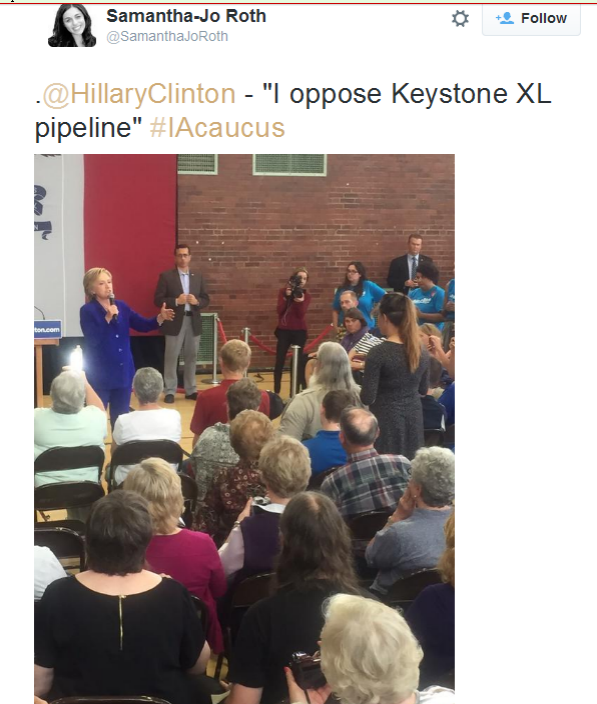This is your morning Open Thread. Pour your favorite beverage and review the past and comment on the future.
Find the past “On This Day in History” here.
September 22 is the 265th day of the year (266th in leap years) in the Gregorian calendar. There are 100 days remaining until the end of the year.
On this day in 1862, President Abraham Lincoln issues a preliminary Emancipation Proclamation, which sets a date for the freedom of more than 3 million black slaves in the United States and recasts the Civil War as a fight against slavery.
 When the Civil War broke out in 1861, shortly after Lincoln’s inauguration as America’s 16th president, he maintained that the war was about restoring the Union and not about slavery. He avoided issuing an anti-slavery proclamation immediately, despite the urgings of abolitionists and radical Republicans, as well as his personal belief that slavery was morally repugnant. Instead, Lincoln chose to move cautiously until he could gain wide support from the public for such a measure.
When the Civil War broke out in 1861, shortly after Lincoln’s inauguration as America’s 16th president, he maintained that the war was about restoring the Union and not about slavery. He avoided issuing an anti-slavery proclamation immediately, despite the urgings of abolitionists and radical Republicans, as well as his personal belief that slavery was morally repugnant. Instead, Lincoln chose to move cautiously until he could gain wide support from the public for such a measure.
In July 1862, Lincoln informed his cabinet that he would issue an emancipation proclamation but that it would exempt the so-called border states, which had slaveholders but remained loyal to the Union. His cabinet persuaded him not to make the announcement until after a Union victory. Lincoln’s opportunity came following the Union win at the Battle of Antietam in September 1862. On September 22, the president announced that slaves in areas still in rebellion within 100 days would be free.
The Emancipation Proclamation consists of two executive orders issued by United States President Abraham Lincoln during the American Civil War. The first one, issued September 22, 1862, declared the freedom of all slaves in any state of the Confederate States of America that did not return to Union control by January 1, 1863. The second order, issued January 1, 1863, named ten specific states where it would apply. Lincoln issued the Executive Order by his authority as “Commander in Chief of the Army and Navy” under Article II, section 2 of the United States Constitution.
The proclamation did not name the slave-holding border states of Kentucky, Missouri, Maryland, or Delaware, which had never declared a secession, and so it did not free any slaves there. The state of Tennessee had already mostly returned to Union control, so it also was not named and was exempted. Virginia was named, but exemptions were specified for the 48 counties that were in the process of forming West Virginia, as well as seven other named counties and two cities. Also specifically exempted were New Orleans and thirteen named parishes of Louisiana, all of which were also already mostly under Federal control at the time of the Proclamation.
The Emancipation Proclamation was criticized at the time for freeing only the slaves over which the Union had no power. Although most slaves were not freed immediately, the Proclamation did free thousands of slaves the day it went into effect in parts of nine of the ten states to which it applied (Texas being the exception). In every Confederate state (except Tennessee and Texas), the Proclamation went into immediate effect in Union-occupied areas and at least 20,000 slaves[2][3] were freed at once on January 1, 1863.
Additionally, the Proclamation provided the legal framework for the emancipation of nearly all four million slaves as the Union armies advanced, and committed the Union to ending slavery, which was a controversial decision even in the North. Hearing of the Proclamation, more slaves quickly escaped to Union lines as the Army units moved South. As the Union armies advanced through the Confederacy, thousands of slaves were freed each day until nearly all (approximately 4 million, according to the 1860 census) were freed by July 1865.
Near the end of the war, abolitionists were concerned that while the Proclamation had freed most slaves as a war measure, it had not made slavery illegal. Several former slave states had already passed legislation prohibiting slavery; however, in a few states, slavery continued to be legal, and to exist, until December 18, 1865, when the Thirteenth Amendment was enacted.



 When the Civil War broke out in 1861, shortly after Lincoln’s inauguration as America’s 16th president, he maintained that the war was about restoring the Union and not about slavery. He avoided issuing an anti-slavery proclamation immediately, despite the urgings of abolitionists and radical Republicans, as well as his personal belief that slavery was morally repugnant. Instead, Lincoln chose to move cautiously until he could gain wide support from the public for such a measure.
When the Civil War broke out in 1861, shortly after Lincoln’s inauguration as America’s 16th president, he maintained that the war was about restoring the Union and not about slavery. He avoided issuing an anti-slavery proclamation immediately, despite the urgings of abolitionists and radical Republicans, as well as his personal belief that slavery was morally repugnant. Instead, Lincoln chose to move cautiously until he could gain wide support from the public for such a measure.